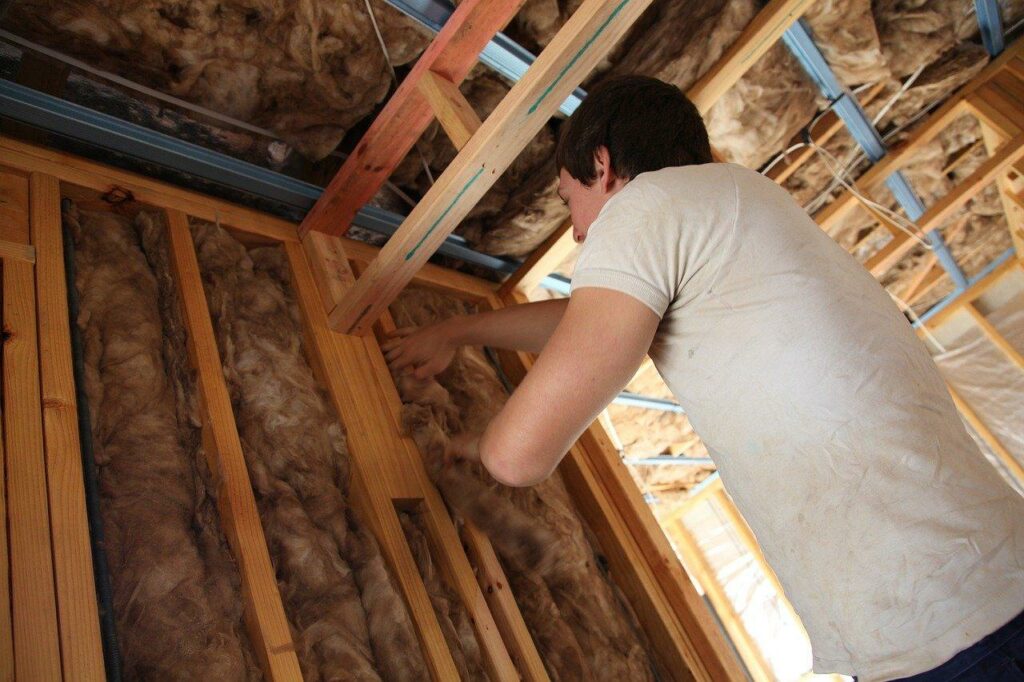The Public Accounts Committee (PAC) has slammed the Green Homes Grant (GHG) Scheme, as it “underperformed badly”.
In its new report into the scheme, the committee found that only about 47,500 homes were upgraded, a fraction of the original 600,000 envisaged.
Just £314 million of its original £1.5 billion budget was spent, and of this £50 million was administration costs. Therefore, more than £1,000 per home upgrade was spent on administration.
The PAC stated that it is not convinced that the government has fully acknowledged the scale of its failures with the GHG, and that it continues the troubled record of energy efficiency initiatives. Going forwards, these failures could damage future efforts to harness both consumer and industry action to deliver net zero commitments.
Launched in part as a response to the COVID-19 crisis in an effort to support jobs at a time of significant risk to the economy, a 12-week timescale was all that was given to implement the scheme. This was unrealistic and imposed constraints on its design and implementation.
The business case for the scheme was actually rejected by the Department of Business, Energy and Industrial Strategy’s own Projects and Investment Committee, and should have been halted or delayed at the time given preparations had not sufficiently progressed.
From the start, the scheme had a poor design and troubled implementation, the PAC has concluded, and BEIS did not consult meaningfully enough with either industry or consumers. This led to an overly complex scheme design, with poor customer experiences and lower than expected uptake.
This is evident in that by August 2021, just 52% of homeowners’ voucher applications were rejected or withdrawn, and 46% of installer applications failed.
ICF Consulting Services Ltd (ICF) – the scheme’s administrator – failed to successfully implement the required digital voucher application system, PAC found.
BEIS has acknowledged that it should have had a better technical understanding of the preferred bidder’s proposed solutions, and if it had, it may have had sufficient warning that ICF would not be able to successfully implement the scheme.
With the abrupt closure of the scheme mere months after it was launched, the government at the time pointed to the impact of COVID-19 meaning the public were reluctant to take part. This was despite application figures showing a clear demand, while administration delays were widely reported.
The PAC highlighted that its closure may have led to redundancies, rather than stimulated jobs as it set out to.
“It cost the taxpayer £50 million just to administer the pointlessly rushed through Green Homes Grant scheme, which delivered a small fraction of its objectives, either in environmental benefits or the promised new jobs,” said Dame Meg Hillier MP, chair of the PAC.
“We heard it can take 48 months – four years – to train the specialists required to implement key parts of a scheme that was dreamed up to be rolled out in 12 weeks. It was never going to work at this time, in this way, and that should have been blindingly obvious to the department. That it was not is a serious worry. I am afraid there is no escaping the conclusion that this scheme was a slam dunk fail.”
The PAC’s report builds on findings from the National Audit Office in September, which similarly criticised the scheme for spending just 20% of the original budget, its “over-ambitious” 12 week timescale and the delays in issuing vouchers to homeowners.
Similarly, a letter from the Environmental Audit Committee in April warned that “actions speak louder than words”, and expressed its concern for meeting the “worrying gap” in policy for the decarbonisation of heat and buildings.
“We will need this massive, step change in the way our homes and public buildings are heated, but the way this was devised and run was just a terrible waste of money and opportunity at a time when we can least afford it,” added Dame Hillier.





